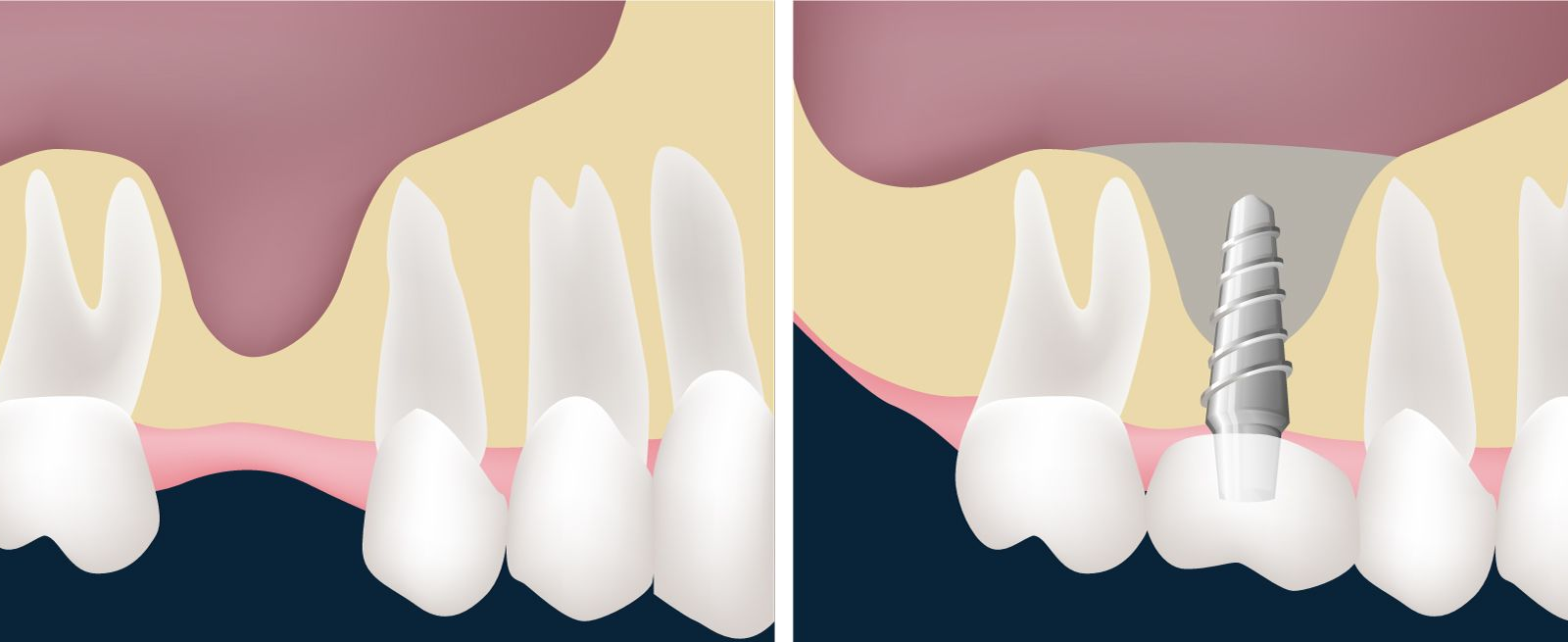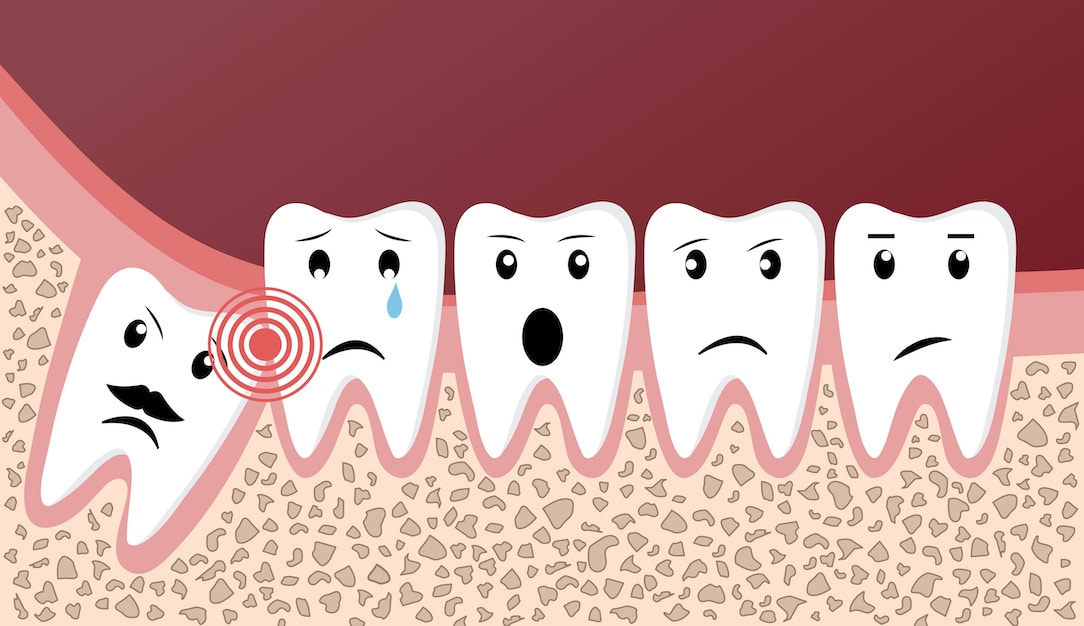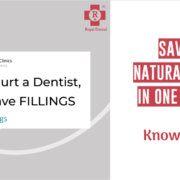Having a tooth extracted can be an uncomfortable, scary experience. But the good news is that recovering from a tooth extraction doesn’t have to be a long, drawn-out process. Following some simple tips from a dentist can help you heal quickly and get back to your routine in no time. From using ice packs to taking prescribed pain medication, there are several ways to reduce discomfort and speed up your recovery. Whether you’re recovering from a routine extraction or a more complex procedure, your dentist can provide you with the guidance and tips. Recovering from a tooth extraction dental procedure doesn’t have to be a long. Read our tips to know how quickly you can recover. With the right care, you’ll be able to enjoy your newfound smile in no time.
What to expect after a Tooth Extraction?
It is normal to experience some discomfort, swelling, and bleeding after tooth extraction. These symptoms usually begin to subside within a few days, but it is important to follow your dentist’s instructions to ensure proper healing and a speedy recovery. Immediately following the extraction, your dentist will place a gauze pad over the area to help control any bleeding. You may need to replace the gauze pad several times over the next few hours.
It is important to avoid smoking and using a straw for the first 24 hours, as this can dislodge the clot and cause prolonged bleeding. Swelling is also common after tooth extraction. You can reduce swelling by using an ice pack on your face for 20 minutes at a time, several times a day. You may also experience some soreness, which can be managed with over-the-counter pain relievers such as ibuprofen or acetaminophen.
Tips for quickly recovering from a Tooth Extraction
Getting plenty of rest and taking care of yourself is key to a speedy recovery. Here are some tips to help you recover quickly from a tooth extraction:
✦ Take prescribed pain medication as directed.
Use an ice pack on your face to reduce swelling.
✦ Avoid strenuous activities and strenuous exercise.
Eat soft, nutritious foods and avoid crunchy, chewy, or hard foods.
✦ Avoid drinking alcoholic beverages.
Avoid smoking and using a straw for the first 24 hours.
✦ Gently rinse your mouth with warm salt water several times a day.
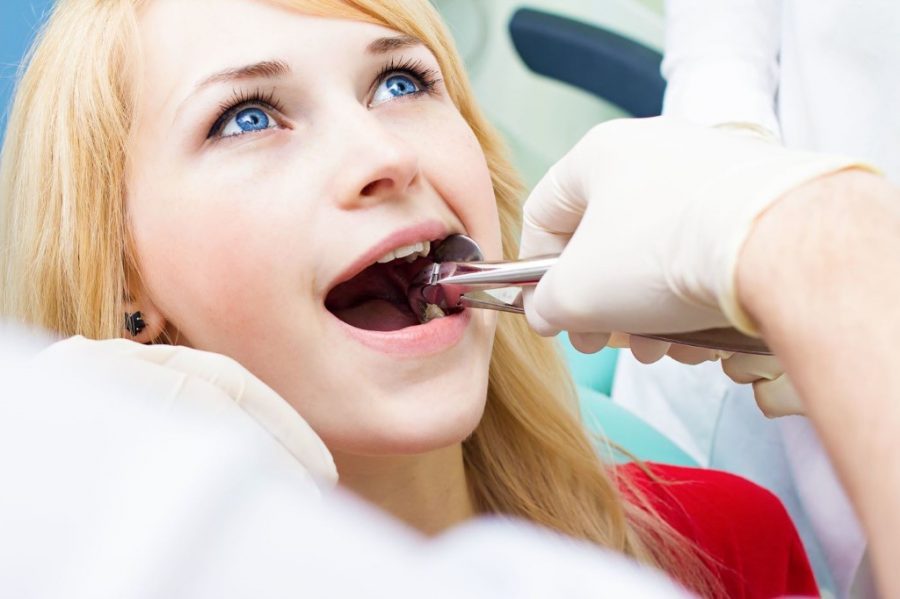
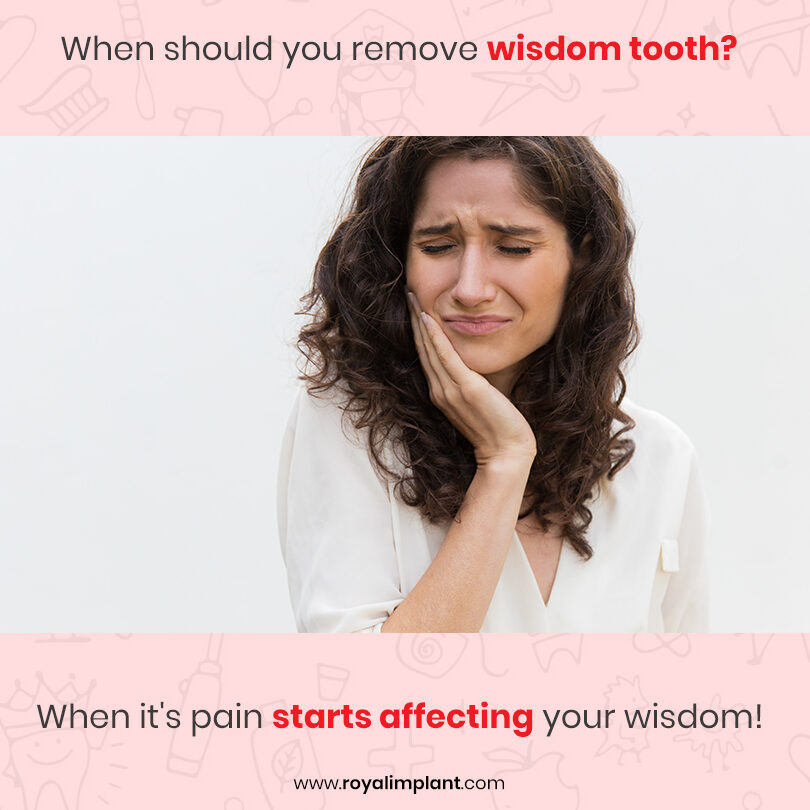
Recovering from a tooth extraction can take several days or even weeks, depending on the complexity of the procedure and your individual healing process. However, there are some tips that can help speed up the recovery process and minimize discomfort.
Some tips for recovering from a Tooth extraction
Follow your dentist’s post-operative instructions: Your dental professional will provide you with specific post-operative instructions tailored to your individual case. Be sure to follow these instructions carefully, including taking any prescribed medications, avoiding certain foods or activities, and practicing good oral hygiene.
Apply ice to the affected area: Applying ice to the affected area can help reduce swelling and discomfort. Use an ice pack or a cold compress for 20 minutes at a time, with at least 20-minute intervals between applications.
Rest and relax: Resting and relaxing for the first 24-48 hours following the tooth extraction can help your body focus on healing. Avoid strenuous physical activity and rest as much as possible.
Eat soft, nutritious foods: Stick to soft, nutritious foods that are easy to chew and swallow, such as soups, smoothies, and mashed potatoes. Avoid hard, crunchy, or sticky foods that can irritate the extraction site.
Maintain good oral hygiene: Good oral hygiene is important for preventing infection and promoting healing. However, be gentle around the extraction site when brushing and flossing, and avoid rinsing your mouth too vigorously.
Attend follow-up appointments: Attend any follow-up appointments with your dental professional to ensure proper healing and monitor for any potential complications.
By following these tips, you can help speed up the recovery process and minimize discomfort following a tooth extraction. However, if you experience severe or prolonged pain, swelling, or bleeding, be sure to contact your dental professional right away.
Benefits of Ice Pack after Tooth Extraction
Ice packs can be a great way to reduce swelling and pain after tooth extraction. Applying an ice pack to the side of your face, near the extraction site, for 20 minutes at a time can help reduce swelling and discomfort. You can also alternate between hot and cold compresses to help reduce swelling and pain.
It is important to note that ice packs should not be applied directly to the extraction site, as this can cause tissue damage. Additionally, you should avoid using heat packs on the extraction site, as this can increase swelling and pain.
It’s important to note that every individual’s recovery process is different, and some discomfort and swelling are common for a few days following the extraction. However, if you experience severe or prolonged pain, swelling, or bleeding, be sure to contact your dental professional right away.
Taking prescribed medication after tooth extraction
It is important to take your prescribed pain medication as directed by your dentist. This will help to reduce discomfort and allow you to get back to your normal routine as soon as possible.
If you are taking prescription pain medication, it is important to follow your doctor’s instructions. This includes taking the medication as directed, not taking more than the recommended dosage, and not taking the medication for longer than the recommended period.
It is also important to avoid drinking alcohol while taking pain medication. Alcohol can increase the risk of side effects, such as nausea, dizziness, and drowsiness.
How to properly care for the Tooth Extraction area
Bite down on gauze: Your dental professional will place gauze over the extraction site to help stop bleeding. Bite down on the gauze for 30-45 minutes after the extraction. If bleeding continues, replace the gauze as needed.
Apply ice: Applying ice to the affected area for the first 24 hours can help reduce swelling and discomfort. Use an ice pack or a cold compress for 20 minutes at a time, with at least 20-minute intervals between applications.
Take prescribed medications: Your dental professional may prescribe pain medications or antibiotics to help manage pain and prevent infection. Be sure to take these medications as prescribed.
Eat soft foods: Stick to soft, nutritious foods that are easy to chew and swallow, such as soups, smoothies, and mashed potatoes. Avoid hard, crunchy, or sticky foods that can irritate the extraction site.
Avoid smoking: Smoking can interfere with the healing process and increase the risk of infection. Also avoid smoking or using tobacco products for at least 72 hours following the extraction.
Practice good oral hygiene: Brush and floss your teeth as usual, but be gentle around the extraction site. Avoid using mouthwash or rinsing your mouth too vigorously, as this can dislodge the blood clot and delay healing.
Attend follow-up appointments: Attend any follow-up appointments with your dental professional to ensure proper healing and monitor for any potential complications.
What to eat during recovery from Tooth extraction?
During the recovery period, it is important to focus on eating soft, nutritious foods that are easy to chew and swallow. This includes foods such as oatmeal, mashed potatoes, applesauce, and yoghurt. It is also important to avoid crunchy, chewy, or hard foods, as these can cause irritation and bleeding.
It is also important to stay hydrated by drinking plenty of water. Avoiding sugary and acidic drinks, such as soda and juice, is also important as these can cause irritation and delay healing.

With significant training in zygomatic implants, aesthetic dentistry, orthognathic surgery, full mouth rehabilitation, and oral cancer treatment, Dr. Chirag Chamria is a Certified Oral and Maxillofacial Surgeon.
Conclusion
Recovering from a tooth extraction doesn’t have to be a long, drawn-out process. Following your dentist’s instructions, using ice packs, taking prescribed pain medication, and properly caring for the extraction site can help you heal quickly and get back to your routine in no time. With the right care, you’ll be able to enjoy your newfound smile in no time.

